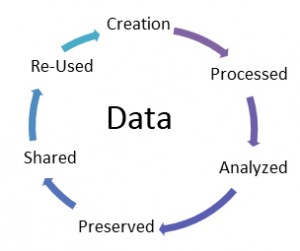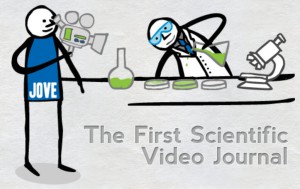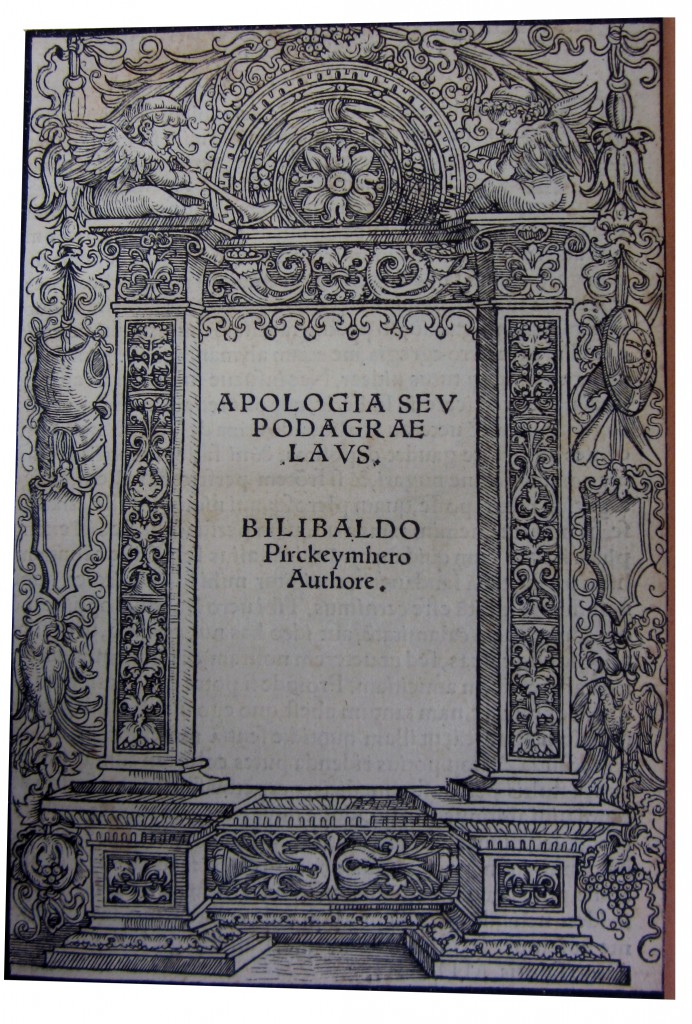In an effort to improve compliance with the NIH Public Access Policy, the National Institutes of Health (NIH) recently announced that more stringent standards will soon take effect. As described in the NIH guide notice, Upcoming Changes to Public Access Policy Reporting Requirements and Related NIH Efforts to Enhance Compliance,
“…in Spring, 2013, at the earliest, NIH will delay processing of non-competing continuation grant awards if publications arising from that award are not in compliance with the NIH public access policy. The award will not be processed until recipients have demonstrated compliance. This change will take effect in tandem with NIH requiring the use of the Research Performance Progress Report (RPPRs) for all Streamlined Non-competing Award Process (SNAP) and Fellowship awards in the Spring of 2013.”1
The NIH Public Access Policy requires researchers to submit final peer-reviewed journal manuscripts that arise from NIH funds to PMC upon acceptance for publication. The policy requires that these papers be accessible to the public through PMC no later than 12 months after publication.
There are three submission methods for final published articles:
- A number of journals automatically deposit the final published article to PMC without author involvement.
- The author can make arrangements to have the publisher deposit a final published article in PMC—usually for a fee.
- The author deposits the final peer-reviewed manuscript in PMC via the NIH Manuscript Submission System.
HSLS maintains a Scholarly Communication Web site that provides information and guidance on the NIH Public Access Policy, including policy basics, compliance, article submission, and more.
1. “Upcoming Changes to Public Access Policy Reporting Requirements and Related NIH Efforts to Enhance Compliance,” National Institutes of Health Office of Extramural Research, accessed January 3, 2013, http://grants.nih.gov/grants/guide/notice-files/NOT-OD-12-160.html.
~ Jill Foust






 One of his later published works was Apologia seu Podagrae laus (Nuremberg 1522), an ironic praise of gout, from which he suffered. In this short witty eulogy to gout, Pirckheimer takes on the role of “woman gout,” in a literary game to settle scores with his enemies.
One of his later published works was Apologia seu Podagrae laus (Nuremberg 1522), an ironic praise of gout, from which he suffered. In this short witty eulogy to gout, Pirckheimer takes on the role of “woman gout,” in a literary game to settle scores with his enemies.